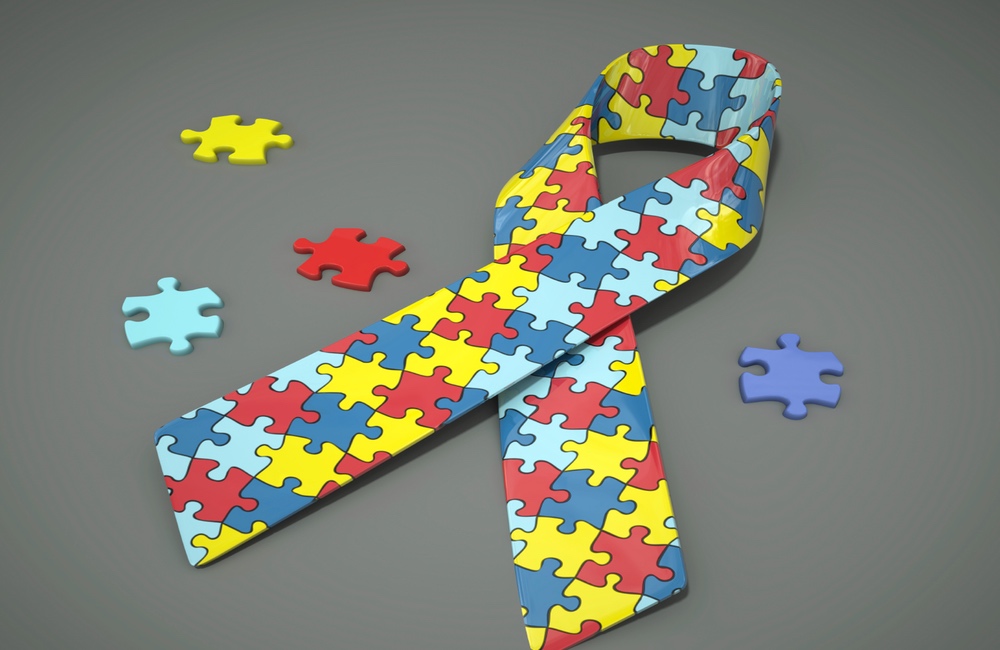Autism spectrum disorder is a developmental condition characterized by differences in a child's social communication as well as restrictive and repetitive behaviors. It is typically diagnosed in early childhood and its early neurodevelopmental origins have led researchers to explore the gestational link between the mother and the fetus.
Several studies have noted the likelihood a child will be on the autism spectrum appeared to rise with aspects of a mother's health and lifestyle during pregnancy — such as depression or obesity.
These results have now been called into question by a study that analyzed data on all the children born in Denmark between 1998 and 2015. It showed that other factors, particularly genetics, are behind nearly all the types of pregnancy-related associations noted by earlier studies.If a woman suffers a bout of depression during pregnancy and her child comes to be on the autism spectrum, it is much more likely that it is the genes the mother and child share that are behind both conditions, not the chemical effect of depression on the fetus during development.
The new research points in another direction. “Our study shows that there is no convincing evidence that any of these other diagnoses in the mother can cause autism,” Magdalena Janecka, associate professor of Child and Adolescent Psychiatry at New York University's Grossman School of Medicine and co-author of the study, said in a news release.
The scope of the study is groundbreaking. The research team analyzed more than 1.1 million pregnancies among 600,000 mothers listed in a national registry in Denmark. The team used medical records to check each woman for more than 1,700 distinct diagnoses. They then corrected for health factors that could offer another explanation for the purported link between a pregnant mom's health and her child's autism.
“We believe our study is the first to comprehensively examine the entire medical history of the mother and explore a wide range of possible associations, controlling for multiple concurrent conditions and confounding factors,” lead researcher Vahe Khachadourian, a research assistant professor at NYU, said in a press release. A confounding factor is a third variable in a study that may affect a potential cause-and-effect relationship.
Genetics is the strong familial confounder for autism, according to the researchers. For instance, certain genes that increase the risk of someone having depression are more closely tied to their having autism. If a woman suffers a bout of depression during pregnancy and her child comes to be on the autism spectrum, it is much more likely that the genes the mother and child share are behind both conditions, not the chemical effect of depression on the fetus during development.“Our interpretation is that these fetal diagnoses likely do not cause autism, but are instead early signs of it.”
“Our interpretation is that these fetal diagnoses likely do not cause autism, but are instead early signs of it,” said Janecka. “The predominant hypothesis is that autism really starts prenatally. Even before a child receives a diagnosis for autism, developmental changes have been happening the entire time.”
This view may help mothers release some of their complicated feelings. “Many mothers of children with autism feel guilty about it,” Janecka points out, “thinking that they did something wrong during pregnancy, and it is heartbreaking. I think showing that these things are not going to cause autism is important and may lead to more effective ways to support autistic children and their families.”
For more resources and more information on autism, visit the National Autism Association.
The study is published in Nature Medicine.





